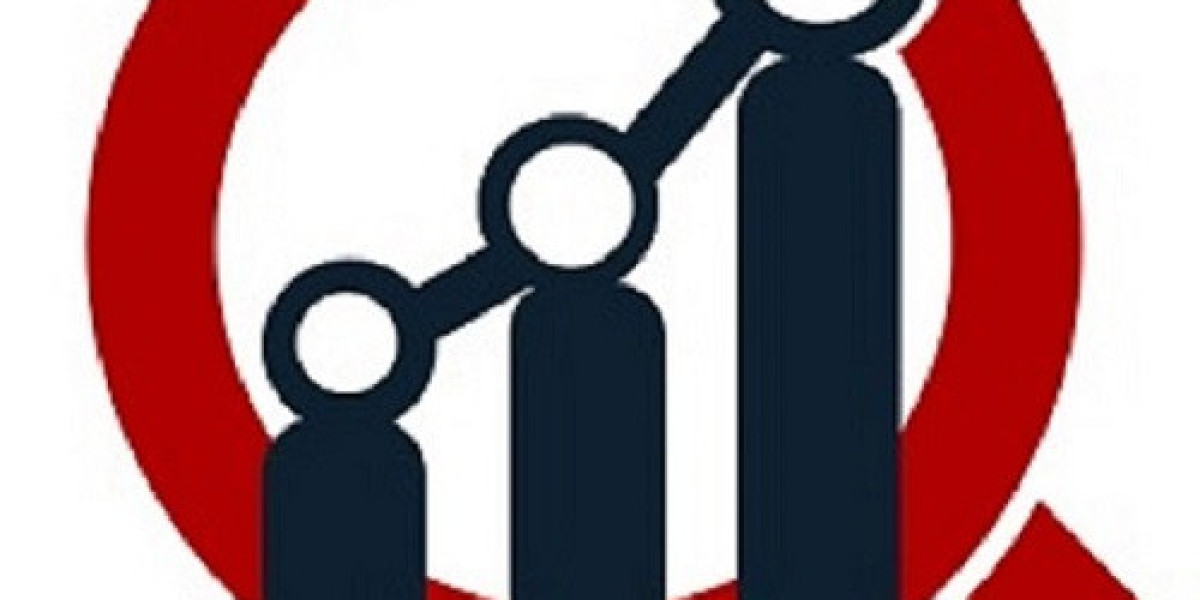The Lithium-Ion Battery Market Size continues to grow rapidly as industries embrace advanced energy storage technologies to power a new generation of mobility, electronics, and renewable applications. With rising demand for efficient rechargeable energy storage systems, this market has become a crucial component of global electrification efforts, supporting everything from electric vehicles to portable power devices.
Market Overview and Growth Dynamics
The market is experiencing strong momentum due to the increasing adoption of EVs, the expansion of grid-scale storage, and the continuous demand for lightweight, high-density battery solutions. The evolution of Li-ion cell technology has further enhanced battery performance, safety, and energy capacity, making it the preferred choice for manufacturers across sectors.
Growing investment in advanced material sciences, smart battery management systems, and sustainable production techniques is reshaping the secondary battery landscape. As industries modernize, lithium-ion batteries are playing a leading role in powering next-generation applications.
Key Factors Fueling Market Expansion
1. Electric Vehicle (EV) Push
The global transition toward zero-emission transportation is significantly boosting demand. EV manufacturers rely on lithium-ion cells for extended driving range, fast charging, and long service life.
2. Renewable Energy Integration
With solar and wind energy installations increasing worldwide, rechargeable energy storage systems are essential for grid stability. Lithium-ion solutions offer high efficiency and scalability for energy storage systems.
3. Consumer Electronics Dominance
Smartphones, laptops, wearables, and other portable power devices remain major demand drivers. Consumers continue to favor compact, long-lasting, high-density battery technologies for everyday electronics.
4. Rising Need for Smart Monitoring Solutions
Cold chain systems, pharmaceuticals, and logistics sectors are integrating intelligent battery-powered monitoring technologies. This trend aligns with industries such as the
Spain Cold Chain Monitoring Market, where reliable power sources are essential for real-time temperature tracking.
Growing Influence of Smart Wearables
Wearable tech innovations continue accelerating the adoption of lithium-ion batteries due to their lightweight design and superior energy efficiency. Markets like the
US Smart Watch Market highlight how advanced sensors, connectivity, and extended functionality depend on compact, durable energy storage.
Why Lithium-Ion Batteries Are Preferred
High energy density supporting long operational cycles
Lightweight design ideal for mobile and portable power devices
Efficient rechargeable energy storage performance
Low maintenance and reduced self-discharge
Scalability across industrial and consumer applications
These advantages make lithium-ion systems a cornerstone of modern secondary battery technologies.
Future Outlook
The future of lithium-ion batteries is shaped by innovations such as solid-state cells, AI-enabled battery management, and advanced recycling processes. Industries are shifting toward sustainable and durable energy technologies, increasing reliance on Li-ion cell systems across automotive, healthcare, robotics, aerospace, telecommunications, and more.
Continued demand for portable power, high-density battery design, and rechargeable energy storage solutions reinforces lithium-ion battery relevance across global markets.
FAQs
1. Which industries are most dependent on lithium-ion batteries?
Industries like electric vehicles, consumer electronics, renewable energy storage, robotics, and automation rely heavily on lithium-ion batteries.
2. Why are lithium-ion batteries considered high-density batteries?
They store a large amount of energy relative to their weight and size, making them ideal for lightweight and portable applications.
3. Do lithium-ion batteries qualify as a secondary battery?
Yes, they are rechargeable and designed for repeated charge–discharge cycles, classifying them as secondary batteries.
➤➤Explore Market Research Future- Related Ongoing Coverage In Semiconductor Domain:








